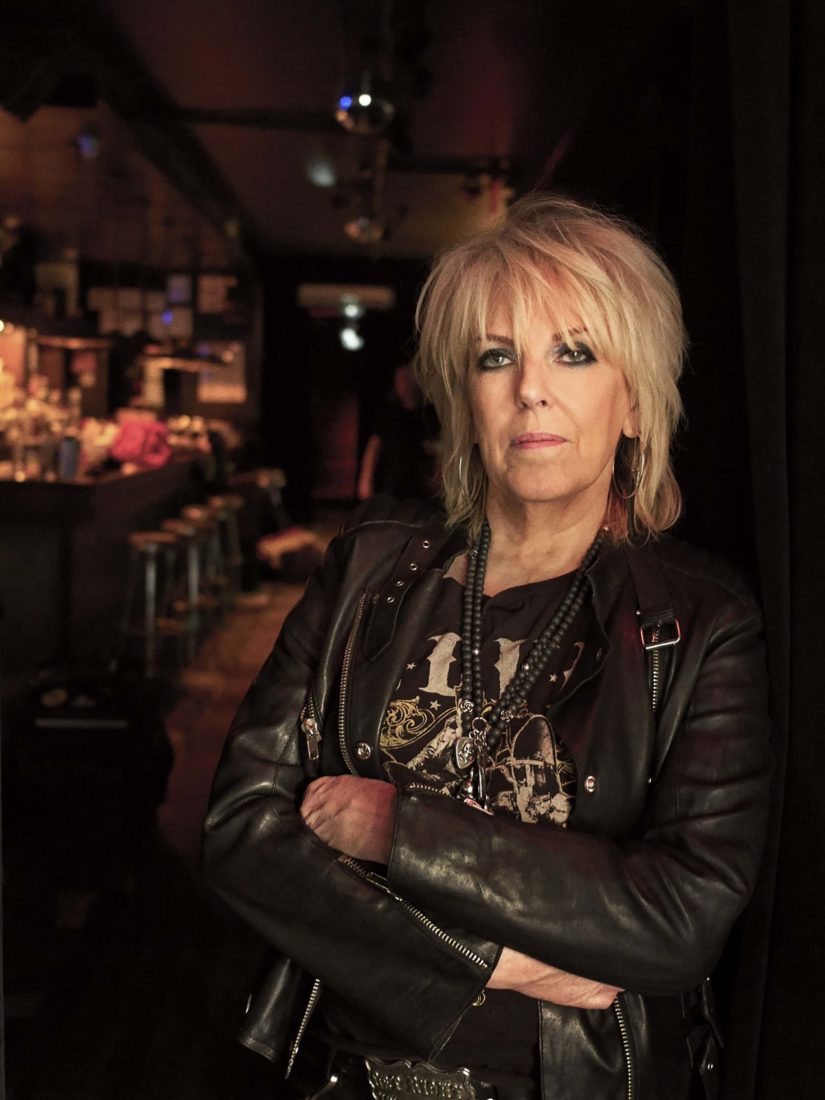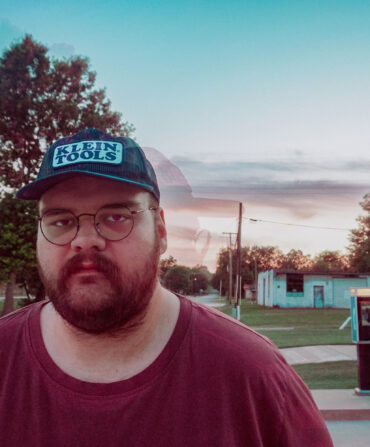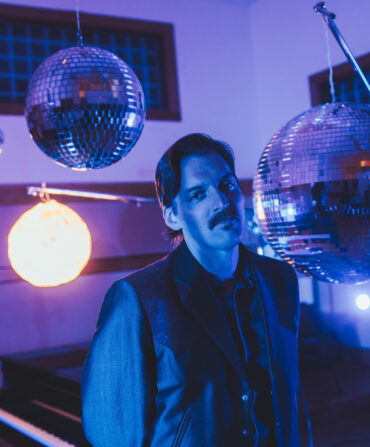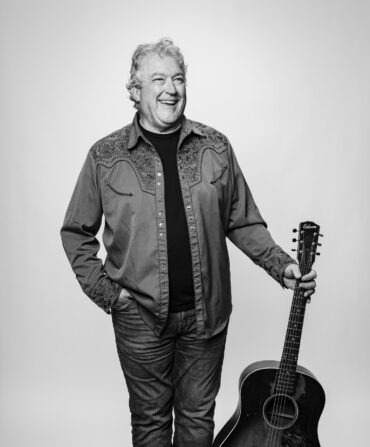Born in Lake Charles, Louisiana, to the poet Miller Williams, Lucinda Williams found her calling by putting verse to music, crafting an iconic body of work steeped in the rhythms of the South and the spirit of the open highway. Now 67, with fifteen albums and three Grammy Awards in her rearview, the singer-songwriter is still putting her truth to music, speaking out against the world’s injustices as well as delivering a sense of hope for the future.
On her new album, Good Souls, Better Angels, “You Can’t Rule Me,” “Man Without a Soul,” and “Bones of Contention” evoke dark imagery and her rebellious spirit, while songs such as “When the Way Gets Dark” and “Good Souls” bring a positive, big-picture perspective. In the studio, Williams opted for minimal post-production, forgoing the harmonies or background vocals she’s called upon in many of her previous efforts. “One of the things that makes this album stand apart is that straight-ahead garage rock sound—guitar, bass, drums—with the same band I go on the road with all the time,” she says. “They’re like my family. That gives it that crunchy kind of sound.”
Garden & Gun caught up with Williams about how her Southern childhood shaped her and the “Good Souls” we can all look out for. Get the new album here, and read the interview below.
Though you were born in Lake Charles, you moved around a lot growing up. Is there a place you lived when you were young that you feel really impacted the person or artist you became?
Well, the South. [Laughs] I grew up in the South, in different Southern states. One place would’ve been Macon, Georgia, because that’s where I started school. That’s when my father had become friends with Flannery O’Connor. She lived in Milledgeville, Georgia, which wasn’t too far from Macon. He considered her his greatest mentor. She invited him to come to Milledgeville and visit one afternoon and talk about writing. I was so young, but he took me with him. She had a very disciplined writing routine: She would write between certain hours of the day, and she couldn’t be disturbed during that time. Apparently, we got there before she was quite done. My dad looked up and saw a window with the blinds being pulled down. Her housekeeper came out and said, “Miss Flannery is still working, but you’re welcome to wait out here on the porch. I’ll come get you when she’s finished with her writing.” So we waited out on the porch, and her housekeeper came out and got my dad. My father told me that I chased her peacocks around the yard while he was in the house talking with her. Being that close to who I consider the greatest Southern Gothic writer who ever lived … I like to think that I absorbed some of that magic.
Were there any other significant influences?
The other really important thing that happened when we lived in Macon was when my dad took me to see a street singer by the name of Blind Pearly Brown. He used to stand on the street corner and sing in downtown Macon. My dad took me down there to see him, and it was my first exposure to blues music. He was the real thing. Most of his songs, and his style, came from Blind Willie Johnson. He never became real well known, not like some of the other blues singers, but there I was, about five or six years old, with my dad, listening to the blues. I soaked it in. It was just more magic. Those two experiences—being around Flannery O’Connor and Blind Pearly Brown at such a young age—I think it probably changed my life. It pointed me in a certain direction, those earliest memories of something really deep and amazing.
Several songs on this album touch on politics, which isn’t something new for you—you started protesting as a teenager. How did those early experiences pushing back against the status quo impact you as an artist?
I love the way you say “pushing back against the status quo”—I guess it’s always been in my blood. My father’s father was a Methodist minister. He was involved in the Southern Tenant Farmers Union, and he supported civil rights and equal rights, and eventually he left the church because of his views. It trickled down to my father, who was roommates with George Haley when George was one of the first black students at the University of Arkansas [Law School]. They befriended each other, and this was the fifties, so that was a big deal. George eventually became my godfather. By the time I kind of came of age, which was the sixties—I was a teenager in ‘67, ‘68—it was the height of the Vietnam War, and I just naturally gravitated toward rebelling against authority, rebelling against the status quo. It’s just something that was built into me, seeing how my dad had been when he was younger and just considering the era that I came up in. I had people to look up to who were speaking out.
There are some religious references on this album, the most obvious example probably being the track “Pray the Devil Back to Hell.” You also mentioned your grandfather’s involvement with the church. How does religion inspire your work?
Actually, both my grandfathers were Methodist ministers. My mother’s father was, too, but my mother’s side of the family is completely different. They were more about the hellfire and brimstone. But I always fall back to biblical imagery. A lot of the writing is beautiful, like poetry. I think what draws me to certain aspects of certain religions—different ones—is the beauty of the rituals, the tradition, the folk art, the mysticism.
There’s also a connection with the Delta blues. Listen to Robert Johnson. He was the first blues artist who had those really dark lyrics that drew me in, and the devil shows up in his songs a lot. Bob Dylan, who was my first big influence as far as songwriting goes, used a lot of biblical stuff, too. When I wrote “Pray the Devil Back to Hell,” I was thinking about the Delta blues songs I grew up listening to. To me, the stuff I was writing is a nod to that.
In “Good Souls,” you say, “Keep me with all those who help me stay strong.” That seems especially important right now. Who are those people in your life?
I wrote that song very spontaneously. It was just one of those things that kind of fell out. Of course, we all have people we love and cherish. It could be people you know—people in your family or close friends—but I was thinking of it more in a universal sense, actually. What’s that expression? “Make sure you treat everybody with kindness, because you don’t know who might be an angel dressed in rags.” You don’t know who your angels might be sometimes.








